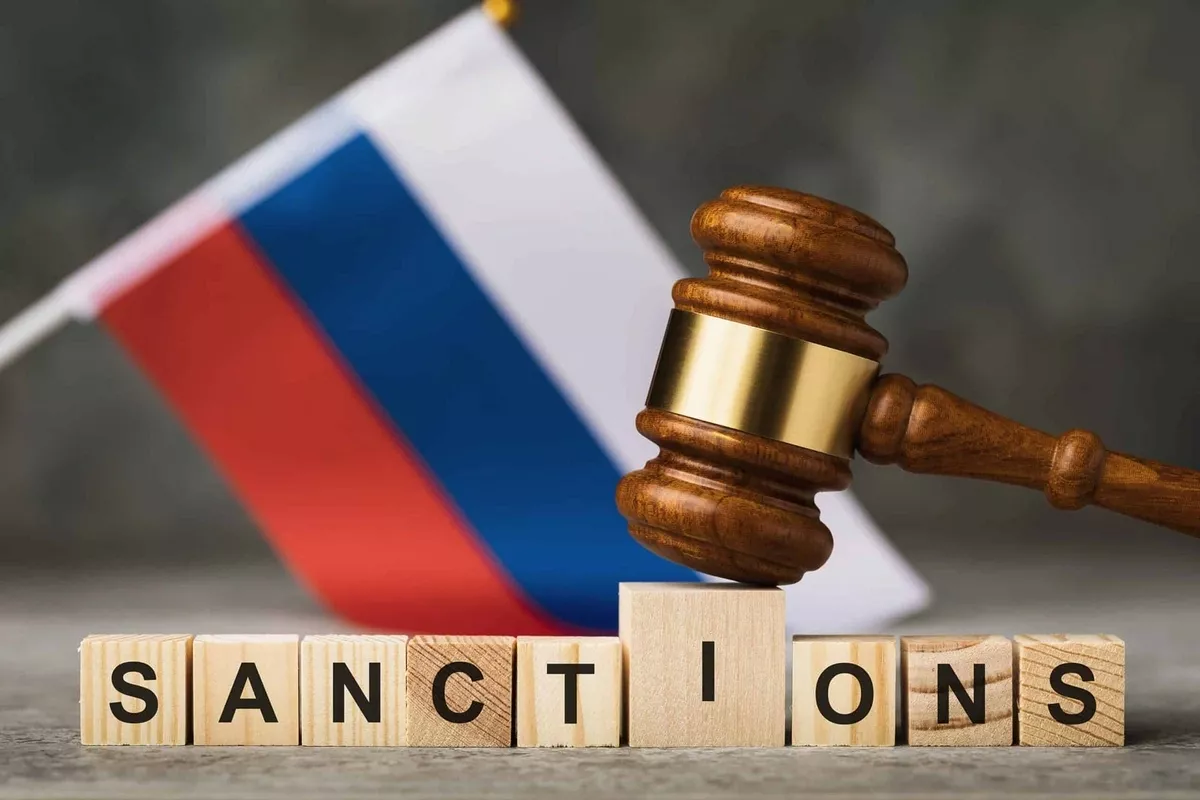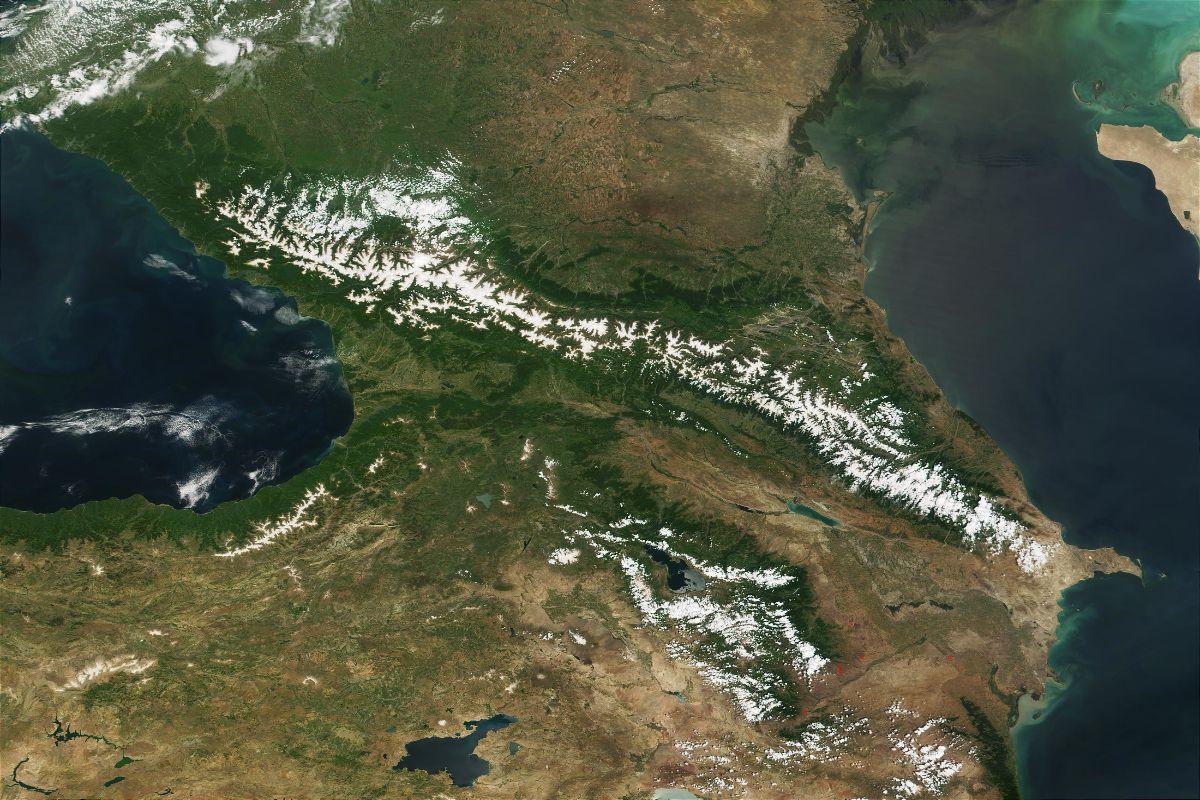“Insider” manipulation A new attempt to blackmail Azerbaijan
Russia is reportedly preparing a “tough sanctions package” against countries in the South Caucasus and Central Asia, according to INSIDER-T, citing sources in Moscow. Officially, this is presented as a “response” to the allegedly “increasing persecution of the Russian-speaking population” through laws that supposedly “restrict the use of the Russian language.”
Let us immediately emphasise the speculative and false nature of this claim: there are no restrictions on the use of any language in Azerbaijan, including Russian. There is no “persecution of the Russian-speaking population” — and there cannot be any. Proof of this is the recent statement by the Russian Community of Azerbaijan in connection with the tragic events in Yekaterinburg.
The statement reads, in particular: "Here, at all levels — from the state to society — Russian culture and language are treated with respect. Russian schools, theatres, and cultural centres are operating. Russian-speaking citizens feel like a full-fledged part of society.”

Thus, the “pretext” cited by INSIDER-T to justify the described measures by Russia is, to put it mildly, false and provocative.
But let us continue to examine the INSIDER-T report. It states that among the announced measures are: the introduction of a visa regime; restrictions on money transfers; quotas on employment; suspension of logistics and infrastructure projects. There are also mentions of options for forceful responses — up to large-scale military exercises near the borders and so-called “humanitarian intervention.” The latter strongly resembles a crude form of blackmail through “military posturing.”
A reasonable question arises here: “What really lies behind this information, and what goal does it pursue?”; “Is the implementation of these measures realistic?”
In answering these questions, it is first worth recalling that over the past 10 years Azerbaijan has carried out large-scale diversification of its foreign economic relations — Russia remains a partner, but is far from critically important. According to statistical data, in 2024 the largest share of Azerbaijan’s exports and imports went to European Union countries; second place is held by brotherly Türkiye; third — China; and Russia follows after them. Furthermore, based on the list of Russian goods imported into the country, most of them can be easily substituted.
Moreover, in recent years Azerbaijan has established stable logistics and energy corridors to the West, South, and East. Baku–Tbilisi–Kars, the Trans-Caspian route, and the Southern Gas Corridor—all of these reduce vulnerability to Russian pressure, should it occur.
It is also important to note that the current Russian economy is undergoing a deep structural crisis—Western sanctions have closed markets for technology, investment, and finance to Russia. For example, in its April forecast, the IMF predicted Russia’s GDP growth this year at 1.5%; however, in the new forecast the fund is expected to publish at the end of July, the outlook for Russia, according to some sources, will likely be even less encouraging.
For Moscow today, the South Caucasus and Central Asia are virtually the only foreign economic “windows.” In particular, the majority of fruits and vegetables imported into Russia come from Azerbaijan and Uzbekistan. Accordingly, Moscow cannot afford a full-scale conflict or economic pressure on the entire region without serious costs.
And here we come to the main point. The report about the upcoming Russian “sanctions” does not come from official Russian sources. It was published by a Telegram channel specialising in leaks and “information dumps.” It is quite likely that this material is part of a psychological and political game aimed at intimidating and testing the reactions of elites in Central Asia and the South Caucasus, distracting Russians from growing domestic problems, and, accordingly, shaping the image of an external enemy in the information agenda.

For Moscow today, the South Caucasus and Central Asia represent virtually its only remaining foreign economic "windows." A significant share of Russia’s imported fruits and vegetables, for example, comes from Azerbaijan and Uzbekistan. As such, the Kremlin cannot risk a full-scale conflict or impose sweeping economic pressure on the region without incurring serious costs.
This brings us to the central point: the recent report on possible Russian “sanctions” did not originate from any official Russian source. Instead, it appeared on a Telegram channel known for leaks and so-called “information dumps.” It is quite plausible that the publication is part of a psychological and political strategy—intended to intimidate and gauge the reactions of elites in Central Asia and the South Caucasus, divert public attention from mounting domestic issues in Russia, and reinforce the narrative of an external enemy within the information space.
Azerbaijan has already withstood external pressure from various countries and has learned how to effectively defend its national interests. Official Baku follows a balanced foreign policy grounded in sovereignty and pragmatism. Azerbaijan maintains cooperation with Russia, but it is not dependent on it—and that is precisely what makes Moscow’s threats, whether real or perceived, significantly less effective than it might hope.
Driven by inertia and legacy habits, Russia continues to assert influence abroad using its traditional instruments—language, diaspora networks, and trade. But the world has changed, and so has the South Caucasus. Azerbaijan is now an independent, fast-developing nation with a wide network of international economic partnerships and resilient alliances, prepared for any scenario. The sooner Moscow comes to terms with this new reality, the better it will be—for Russia itself.








